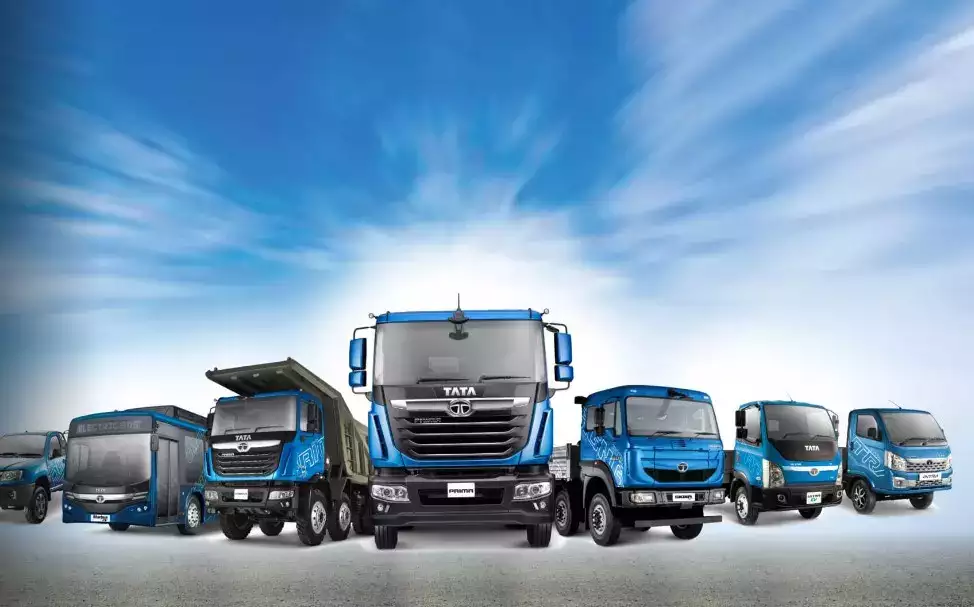
Technology options that facilitate the shift away from diesel will get a larger share of the investment pie. “The bulk of the capex will actually go for electrification and alternate fuel,” says Girish Wagh, ED, Tata Motors. The company is also working on fuel cell electric vehicles, with 15 buses equipped with the technology running on Delhi’s roads.
Some of the solutions are developed in partnership with long-standing partner and powertrain major Cummins. Their 30-year old joint venture has spawned an entity called TCPL Green Energy Solutions (GES), which will focus on the development and manufacturing of ‘sustainable technology products’. These include hydrogen-powered internal combustion engines, fuel delivery systems, battery electric powertrains, and fuel cell electric systems
In the electric vehicles space, like its passenger EV business, Tata Motors claims pole position in the electric bus market. According to Wagh, 2,700 Tata electric buses are plying on Indian roads, having already clocked 16 crore kilometres, with a 95% uptime performance
Preparing for the SDV era
With the automotive softwarisation trend on the rise, trucks are also getting softwarised. The SDV (Software Defined Vehicle) trend is making more progress in the passenger vehicle industry, but there may be use cases in the commercial vehicle industry too. “It does have a lot of utility in commercial vehicles also. The only difference (for it) in commercial vehicles is, whatever we invest in software, it should lead to improvement in terms of total cost of ownership, or improved uptime for example,” says Wagh.
Tata Motors has already introduced its ML (machine learning) technology in its commercial vehicles. Tata Motors has leveraged the data and the learnings from its Fleet Edge connected vehicle platform designed for fleet management. “And, with this machine learning model, we're able to give online insights to the drivers and customers more efficiently, which is already leading to a good TCO improvement,” says Wagh.
Pivoting of business strategies
After facing a few industry headwinds, amidst growing competition. Tata Motors has realigned some of its core business strategies. It has pivoted from “market share at any cost” to “profitable growth”. We started this journey almost 25 months back. We have been pretty steadfast in that journey, and there’s built evidence it has also helped the industry at large,” says Wagh.
Apart from its four product verticals of Heavy Commercial Vehicles, Intermediate and Light Commercial Vehicles, Buses and Vans, and Small Commercial Vehicles, Tata Motors is also banking on its other four verticals of International Business, Spares and Service, Smart City Mobility Service, and Digital business in terms of platform for sales and pre-sales activities.
Wagh lists out the key strategies to build on the profitable growth strategy – maintain product superiority, include multiple fuel options (including zero tailpipe emission vehicles in trucks and buses), focus on analytics based value selling, and increase value added services. Post the demerger, Tata Motors commercial vehicles looks to now leverage the advantages of an independent business model for a sustainable growth in a technologically more intensive, and disruptive era.
Disclaimer: The copyright of this article belongs to the original author. Reposting this article is solely for the purpose of information dissemination and does not constitute any investment advice. If there is any infringement, please contact us immediately. We will make corrections or deletions as necessary. Thank you.





